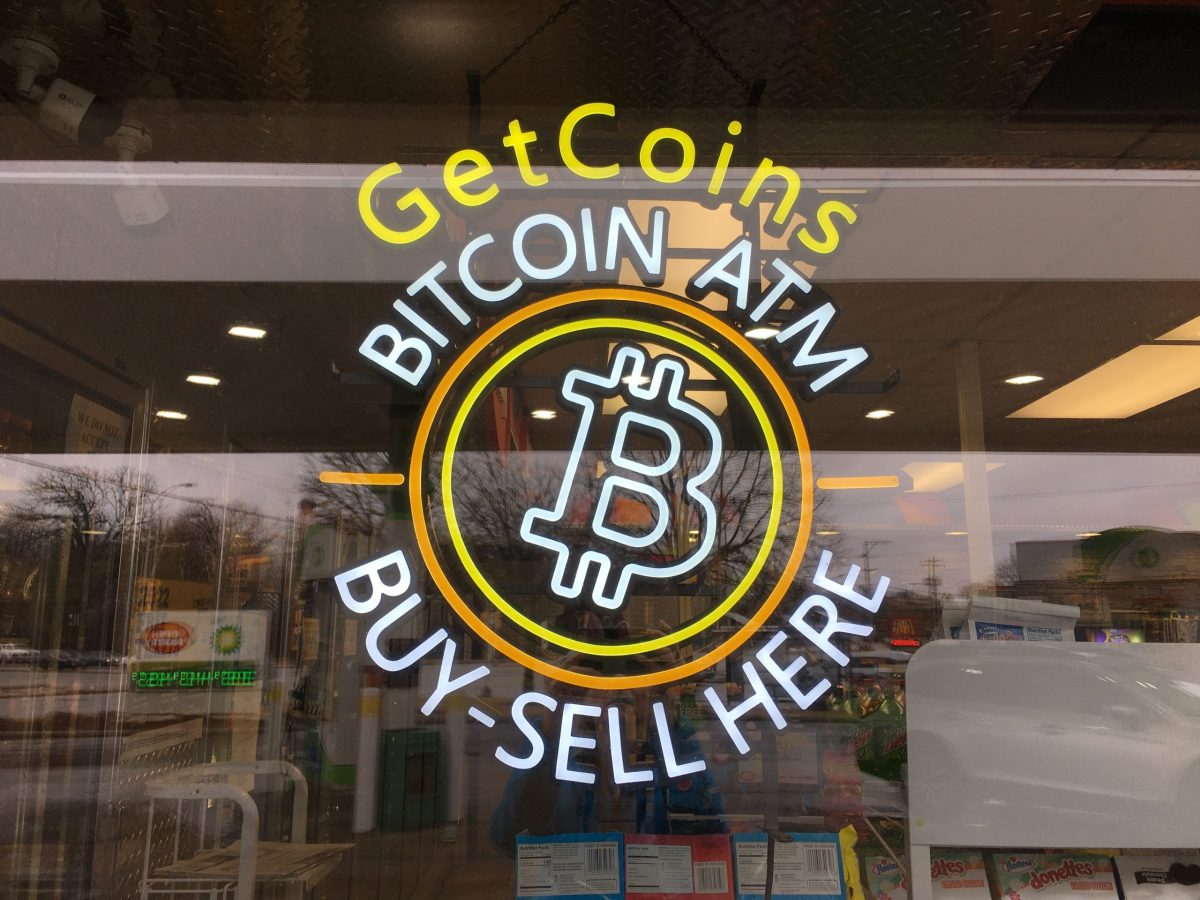The Haitian Times
Bridging the gap
As cryptocurrency makes the rounds across the globe, its buzz has reached Haiti in the form of donations and nascent projects. In this series, The Haitian Times takes a look at a few players and the pros and cons if digital currencies were to take root in Haiti.
WISCONSIN — Crypto can be murky and complex. To help orient readers of this series, here’s a basic glossary of terms to know.
Cryptocurrency
Cryptocurrency is a type of money, a medium of exchange, a form of e-cash, a digital asset. It uses cryptography, the art of writing or solving codes, to safeguard transactions and to control the creation of additional currency units.
Cryptocurrencies can be traced back to the 1980s, when they were called cyber currencies. They were created for people to engage in financial transactions without relying on banks or governments. These digital currencies allowed for transactions to be made at any time, anywhere around the world with limited restrictions.
Cryptocurrency is maintained and valued by its users for reasons unique to the specific cryptocurrency. For example, Bitcoin, the oldest form, is valued for its scarcity, decentralization, ability to be audited, portability, divisibility and monetary policy. These characteristics are due to the technology with which it is created — cryptocurrency transactions are recorded on a blockchain.
Blockchain
Subscribe to The Haitian Times for the most comprehensive coverage of Haiti and the Haitian diaspora.
A blockchain, also known as Distributed Ledger Technology (DLT), is simply a time-stamped series of data. Some add that it’s a series of databases strung together. Blockchains are managed by a network of computers — not by a single centralized system as in a database — and transparent.
Like a shared document, everyone can see what’s happening. What’s different from a shared document is that on a blockchain, everyone can add to it but no one can erase any of it.
Database
A database — a systematic collection of data stored in a centralized computer system that simplifies data management — is like a large membership roster of names, addresses and phone numbers.
Digital wallet
A digital wallet (or electronic wallet) is a financial transaction application that runs on mobile devices, according to Investopedia. For it to work, it must be linked to a valid bank account or credit card to make or accept payment. Digital wallets have become common with the proliferation of smartphones. Apple Pay is one example.
Haitian gourdes/goud
The Haitian gourde, or goud in Creole, is the legal tender of the Haitian government and issued by a central bank. Governments guarantee that their legal tender can always be exchanged for a predetermined amount of another asset. Governments regulate monetary policy by managing the money supply and interest rates.
Sources: Compiled from series of sites, including Investopedia and Wikipedia.
___________________________________________________________
Look for the next installment coming soon about the pros and cons of bringing cryptocurrencies to Haitians.
J.O. Haselhoef is the author of “Give & Take: Doing Our Damnedest NOT to be Another Charity in Haiti.” She co-founded “Yonn Ede Lot” (One Helping Another), a nonprofit that partnered with volunteer groups in La Montagne (“Lamontay”), Haiti from 2007-2013. She writes and lives in Milwaukee, Wisconsin.
Your email address will not be published.
document.getElementById( “ak_js_1” ).setAttribute( “value”, ( new Date() ).getTime() );


